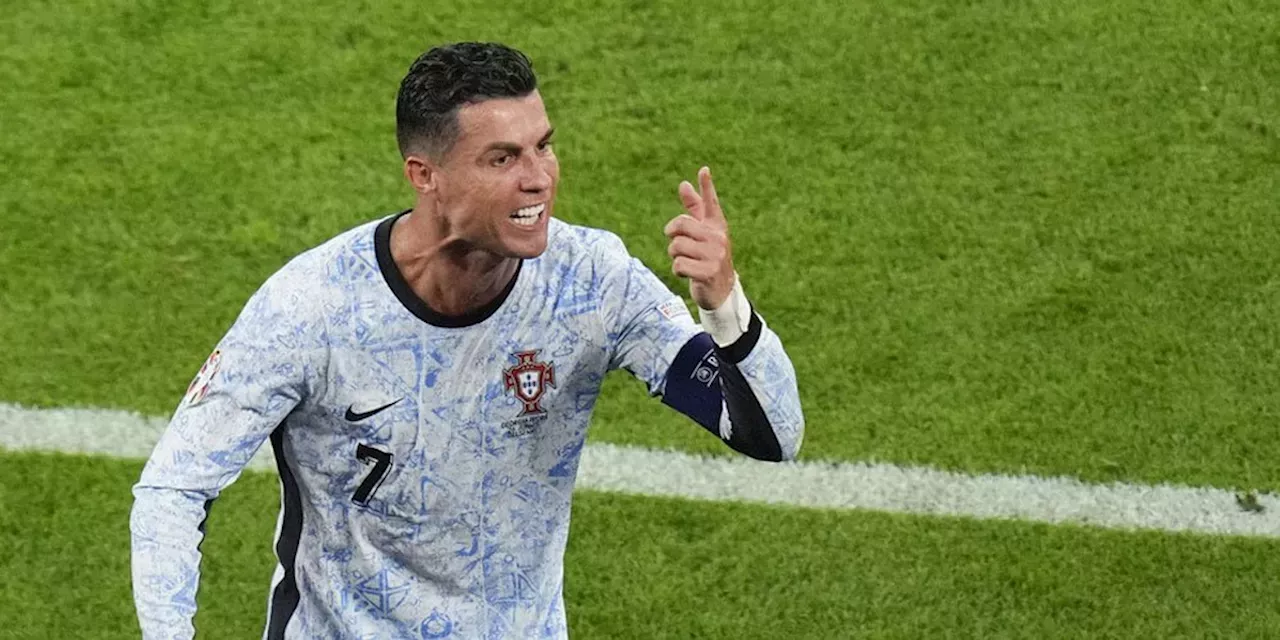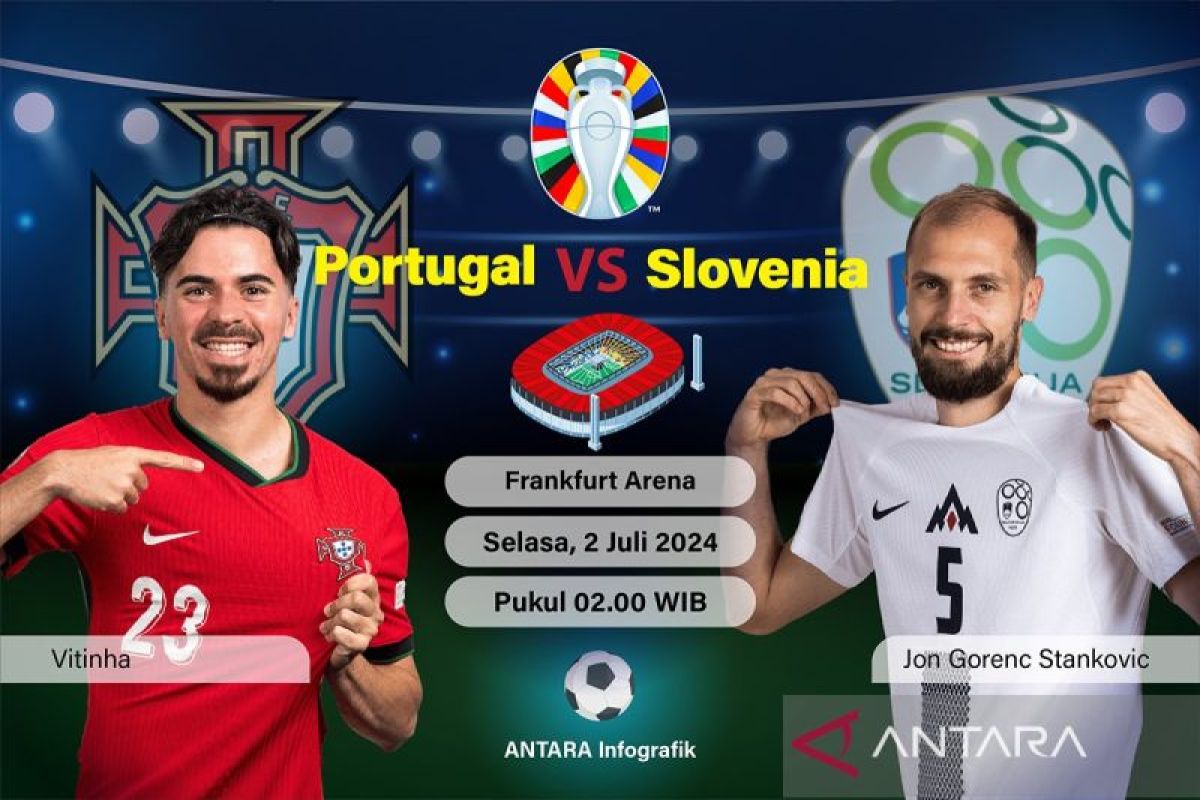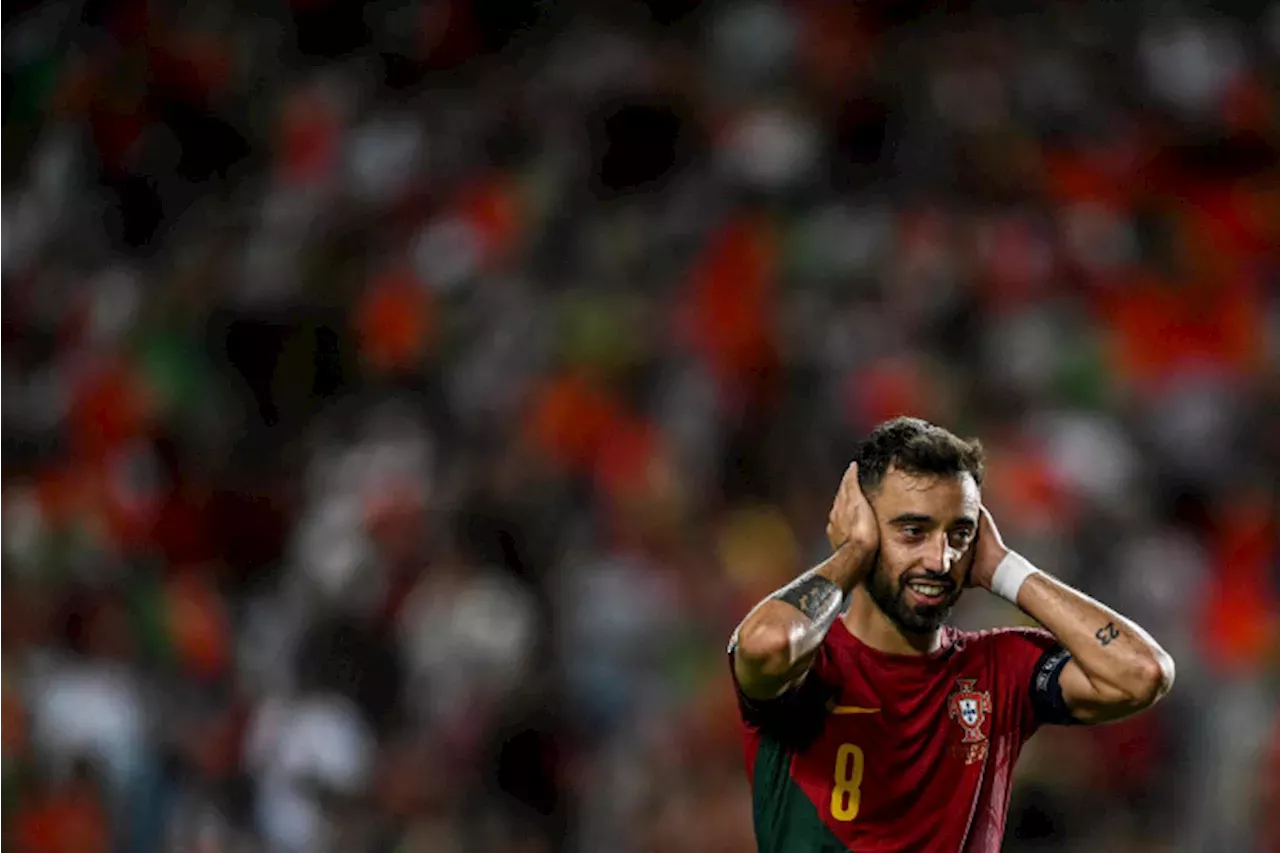Historical and Cultural Context

Portugal vs slovenia – Portugal and Slovenia share a rich history and cultural heritage that has shaped their relationship over the centuries. Both countries have experienced periods of independence and foreign rule, and their cultures have been influenced by a variety of different factors, including their geographic location, religion, and political systems.
The match between Portugal and Slovenia was an intense battle, each team showcasing their skills. While the Portuguese players displayed impressive footwork and agility, the Slovenian gymnasts, particularly the renowned dicello gymnast , stole the show with their aerial prowess.
Their graceful leaps and daring twists left the audience in awe. As the match reached its climax, Portugal managed to secure a narrow victory, but the dicello gymnast’s performance remained etched in the memories of those present, reminding them of the beauty and athleticism that sports can embody.
One of the most significant historical events that shaped the relationship between Portugal and Slovenia was the Napoleonic Wars. During this period, Portugal was allied with Great Britain against France, while Slovenia was part of the Austrian Empire. The war resulted in the defeat of Napoleon and the redrawing of the map of Europe, which included the creation of the independent state of Slovenia.
Cultural Differences and Similarities
Despite their different historical experiences, Portugal and Slovenia share a number of cultural similarities. Both countries are located in Southern Europe and have a strong Catholic tradition. They also share a love of music, art, and literature. However, there are also some key differences between the two cultures.
The heated match between Portugal and Slovenia unfolded, each team vying for victory. As the players clashed on the field, I couldn’t help but think of another fierce competition – the quest for Olympic glory. Among the athletes striving for greatness is gymnast Jordan Chiles, whose impressive height and athleticism make her a formidable contender.
Her unwavering determination echoes the fierce rivalry on the soccer field, where Portugal and Slovenia battled relentlessly for supremacy.
- Portugal is a more extroverted and expressive culture, while Slovenia is more reserved and introverted.
- Portugal has a strong tradition of fado music, while Slovenia is known for its polka music.
- Portugal is a more popular tourist destination than Slovenia, and its cuisine is more heavily influenced by seafood.
Influence on Current Dynamics, Portugal vs slovenia
The historical and cultural factors that have shaped the relationship between Portugal and Slovenia continue to influence the current dynamics between the two countries. Portugal is a member of the European Union and NATO, while Slovenia is a member of the European Union and the Eurozone. Both countries are committed to democracy and human rights, and they cooperate closely on a number of issues, including trade, investment, and security.
Economic and Trade Relations: Portugal Vs Slovenia

Portugal and Slovenia enjoy a robust economic relationship, characterized by steady trade flows and significant investment. Their shared membership in the European Union (EU) has further fostered economic cooperation and integration.
In 2022, the total trade volume between Portugal and Slovenia reached €450 million, with Portugal exporting €250 million worth of goods and services to Slovenia and importing €200 million worth.
Key Sectors of Cooperation
- Automotive
- Pharmaceuticals
- Tourism
- Renewable energy
- Information and communication technology (ICT)
These sectors offer significant opportunities for mutual benefit and potential for future growth.
Challenges and Obstacles
Despite the strong economic ties between Portugal and Slovenia, there are some challenges and obstacles that can hinder further growth.
- Language barriers
- Cultural differences
- Limited market size
Addressing these challenges through initiatives such as language training, cultural exchange programs, and joint ventures can pave the way for even stronger economic cooperation between the two countries.
Political and Diplomatic Ties

Portugal and Slovenia share cordial political and diplomatic relations, characterized by regular high-level visits, cooperation in international fora, and a shared commitment to European integration.
Both countries are members of the European Union (EU) and the North Atlantic Treaty Organization (NATO), which provides a strong foundation for their cooperation on regional and international issues.
Areas of Cooperation
- European Integration: Portugal and Slovenia actively cooperate within the EU framework, supporting common policies and initiatives.
- Security and Defense: As NATO members, both countries collaborate on defense and security matters, including joint exercises and peacekeeping missions.
- Trade and Economic Cooperation: Portugal and Slovenia maintain strong trade and economic ties, with bilateral trade steadily increasing in recent years.
- Cultural Exchange: The two countries foster cultural exchange through various initiatives, such as student exchanges, cultural festivals, and exhibitions.
Areas of Disagreement
While overall relations are positive, there have been occasional areas of disagreement between Portugal and Slovenia.
- Historical Disputes: Portugal has occasionally raised concerns about Slovenia’s recognition of Kosovo, which Portugal does not recognize as an independent state.
- Trade Disputes: There have been minor trade disputes between the two countries, primarily related to agricultural products and intellectual property rights.
However, these disagreements have been managed through diplomatic channels and have not significantly impacted the overall positive nature of relations between Portugal and Slovenia.